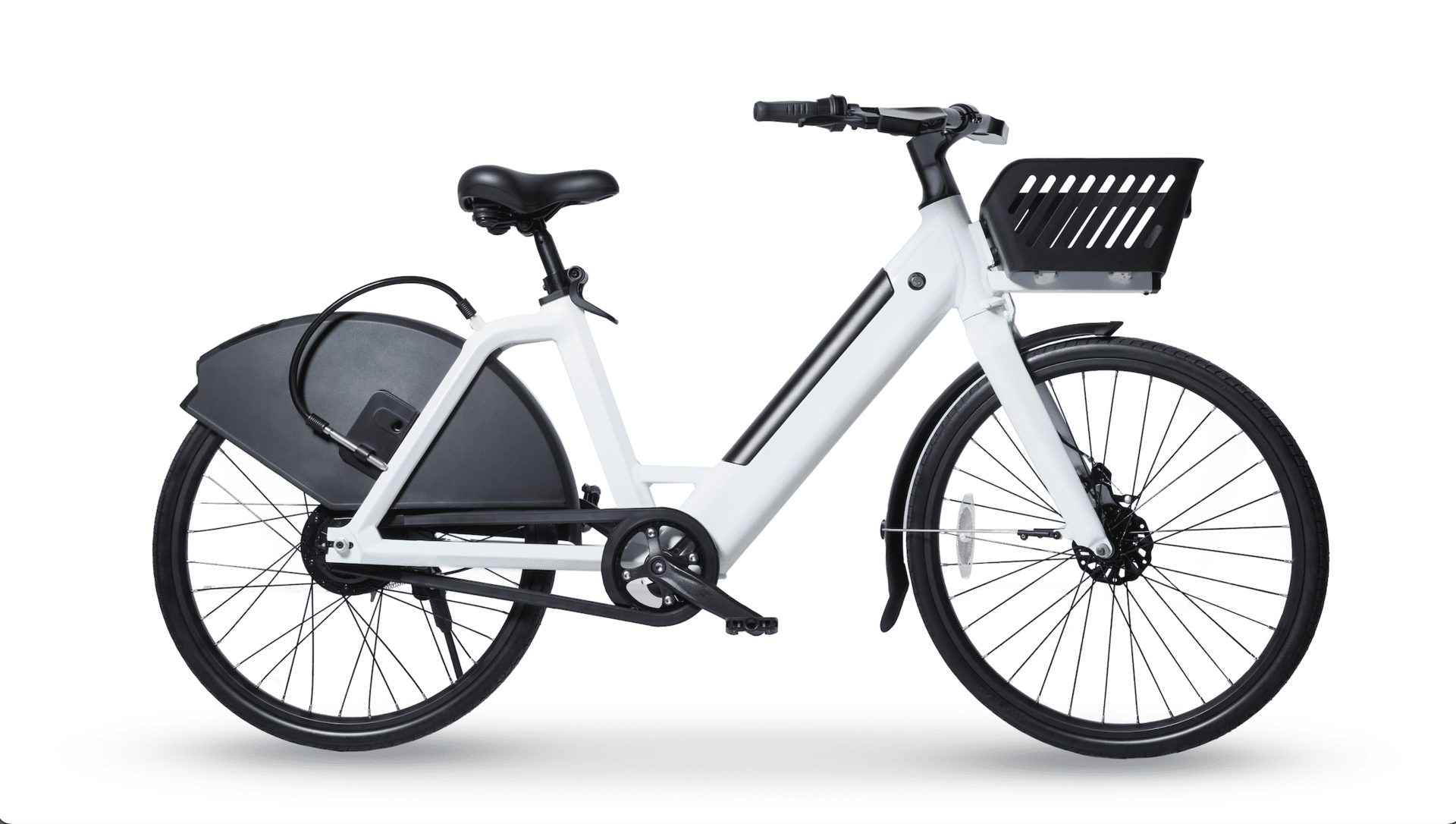The world is increasingly overpopulated, resources are scarcer and the climate crisis ever more problematic. One of many ways to start tackling the issues of the future is electric mobility. People working in the sector are in an endless battle to improve technology, sustainability and infrastructure around electrified vehicles, so that every individual can experience it in a positive way.
Meanwhile, the bike sharing market is anticipated to reach USD 4 billion by 2026, registering a CAGR of about 6% during the forecast period (2021 – 2026), according to the latest Mordor Intelligence report. In this article you will learn how the rise of sharing e-bikes looks like and what Wunder Mobility is doing to lead the way.
City infrastructure is improving
As European countries are faced with strict carbon emission goals, electric vehicles and micro mobility are becoming a priority for urban planners and policy makers. In such momentum cities are finally rethinking their infrastructure to be more bike-friendly and becoming more open to include mobility as a service and launch sharing fleets.
Covid accelerated improvements
The pandemic also played an important role in improving city infrastructure. With the urge to avoid public transportation, cities adopted car-free areas, rearranged their infrastructure to increase cycling lanes and invested into shared mobility solutions. What was intended to be temporary, proved its point and became permanent.
Sharing makes sense
Not everyone can and will invest in an e-bike. Most probably their self-owned e-bikes will spend a lot of time lying around in the garage or standing on the street. An un-sustainable option and waste of raw materials. The target of sharing-mobility is offering diverse mobility options to people, increasing the usage time of vehicles and reducing the amount of vehicles produced.
E-bikes are fast
Traffic is one of the biggest problems of self-owned cars. But travelling with normal bikes will take time and most likely make you sweat. That’s where the e-bike comes along: Besides avoiding traffic, e-bikes are 50% faster than normal bikes, and even though you need to be active, they do not feel like exercising.
A higher range is now possible
The technology of batteries and engineering of e-bikes is making it possible to reach a higher range with one battery charge. This makes e-bikes increasingly more lucrative to sharing operators. Some of the advancements made are: Lithium-ion batteries, they are lighter, cheaper, long-lasting and powerful; Motors are lighter and more capable; Urban tires are faster and more stable; Frames are made out of aluminium instead of steel.
Wunder Mobility’s take
Wunder Mobility got together with Yadea, the largest manufacturer of electric two-wheeled vehicles in the world, to create a new, innovative kind of sharing e-bike. This differentiated e-bike was developed after analyzing market insights from consumers and sharing business operators. As well as uniting Wunder Mobility’s deep understanding of the sharing operator’s needs and Yadea’s expertise in engineering and manufacturing.
With exquisite design and usability, our new e-bike has a range of 120 km within one battery charge. That’s more than 30% higher than other sharing e-bikes in the market. The design, made within Wunder, was specifically tailored to the European market and is highly reliable. The bike comes with a Bafang rear hub motor, a speed of 25km/h max, built-in IoT, swappable battery and a motor & smart lock to serve all needs and city regulations. As an extra cool feature, it offers Firmware Updates over the air - no need for cable updates of the bike’s engine control unit.
The rise of sharing e-bikes is inevitable, and we should all do our best to keep up with it. If you already offer a sharing e-bike fleet that needs scaling up or if you dream to have one of your own, Wunder Mobility can help. We’ve got solutions to all your business needs and a wide range of light electric vehicles to choose from. You’ll just have to add your brand color and company logo to the vehicle.
